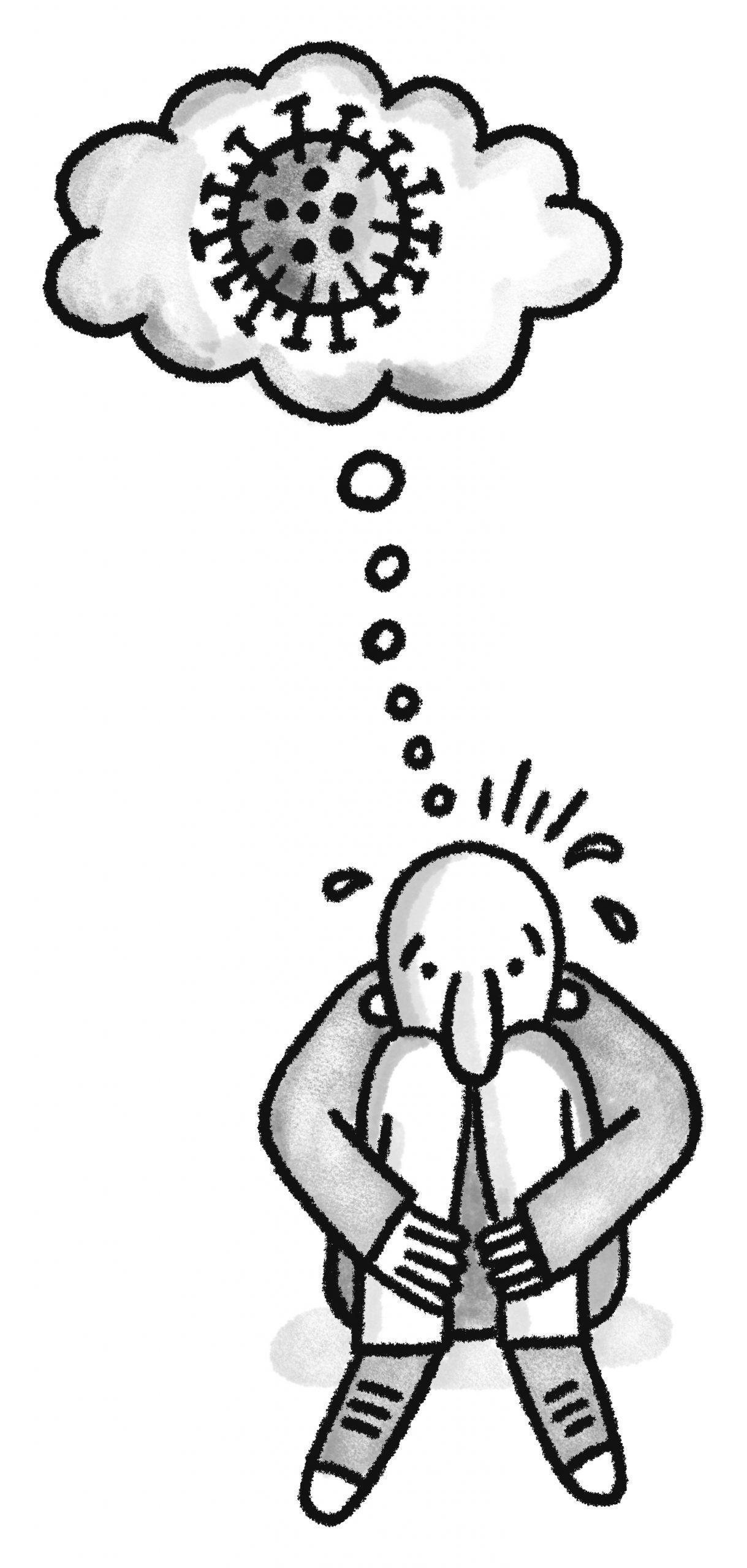Mental Health
According to the Canadian Mental Health Association, twice as many Canadians are having suicidal thoughts during the COVID-19 pandemic than before the lockdowns began. There are concerns about the long-term implications COVID will have on mental-health providers. According to that same CMHA study, more than half of parents of children under the age of 18 said that they are dealing with anxiety and worry.
Edmonton’s Mark Korthuis is president and CEO of the Mental Health Foundation, and he says that, when it comes to COVID and the impacts on mental-healthcare providers, the answer is nuanced.
Support
He says that one “cannot question the economic duress” on families and communities.
“I think there are going to be increased burdens on the mental healthcare system going forward, for sure, over the short-, medium- and long-term,” says Korthuis. “The headline for the mental-health care system is that care is available for those who need it, and we allocate resources without politics affecting those investment decisions.”
But Korthuis says COVID, believe it or not, has some “silver linings.” How can a pandemic, be, well… good for us? Well, it’s allowed many people to spend more time and reconnect with families. That’s backed up by CMHA stats, which show that 66 per cent of parents have said they are spending more time with their family during the pandemic. COVID has brought neighbourhoods closer together. It has shown people that they do have support systems. And it’s allowed people to reassess what’s important in their lives.
This article appears in the October 2020 issue of Edify
